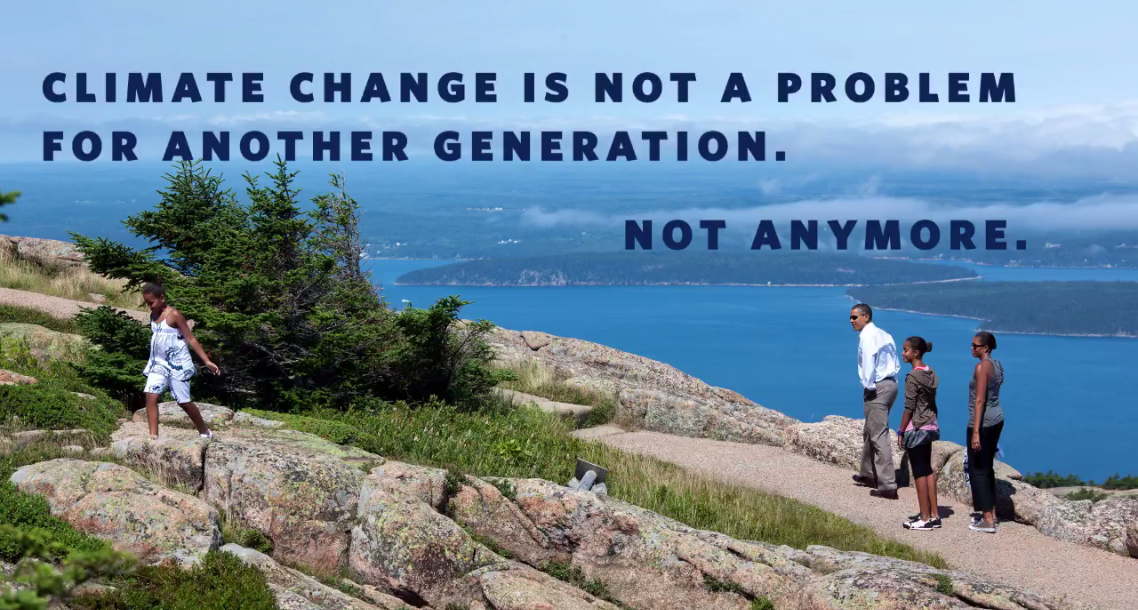A NEW plan announced by US president Barack Obama to radically transform the electricity system in the US could provide a blueprint for other countries like Australia to reduce emissions. Full details of the Clean Power Plan will be released on Monday in the U.S, and accessible from the White House website.
In the strongest action ever taken in the United States to combat climate change, President Obama set new environmental regulations that will force power plants to cut emissions by 32% from 2005 levels by 2030, rather than the 30% proposed in the original legislation.

Power plants will have to use more renewables and each state will also be assigned a target for reducing its carbon pollution from power plants.
The legislation will set in motion sweeping policy changes that could shut down hundreds of coal-fired power plants, freeze construction of new coal plants and create a boom in the production of wind and solar power and other renewable energy sources.
The world’s second largest economy has announced it will take the strongest action yet on climate change. This is a game-changer.
The US sets the agenda for the world and that agenda is strong action to limit climate change, starting now.
Countries that don’t act are going to be outliers and risk becoming isolated and disadvantaged as the world moves on.
The US approach provides important lessons to many other countries, including Australia, on how to reduce emissions quickly and effectively through regulation.
The announcement of the plan comes on the same day analysts branded Australia’s Direct Action policy ‘untenable’ after research revealed Australia’s biggest polluters will be able to significantly increase their greenhouse gas output under the policy’s ‘safeguard mechanism’, wiping out most of the emission reductions the government intends to buy from other sectors.
With Australia’s post 2020 emissions reduction targets expected to be announced this month, the pressure will be firmly on Australia to show a similar commitment to joining the rest of the world in rapidly reducing pollution.